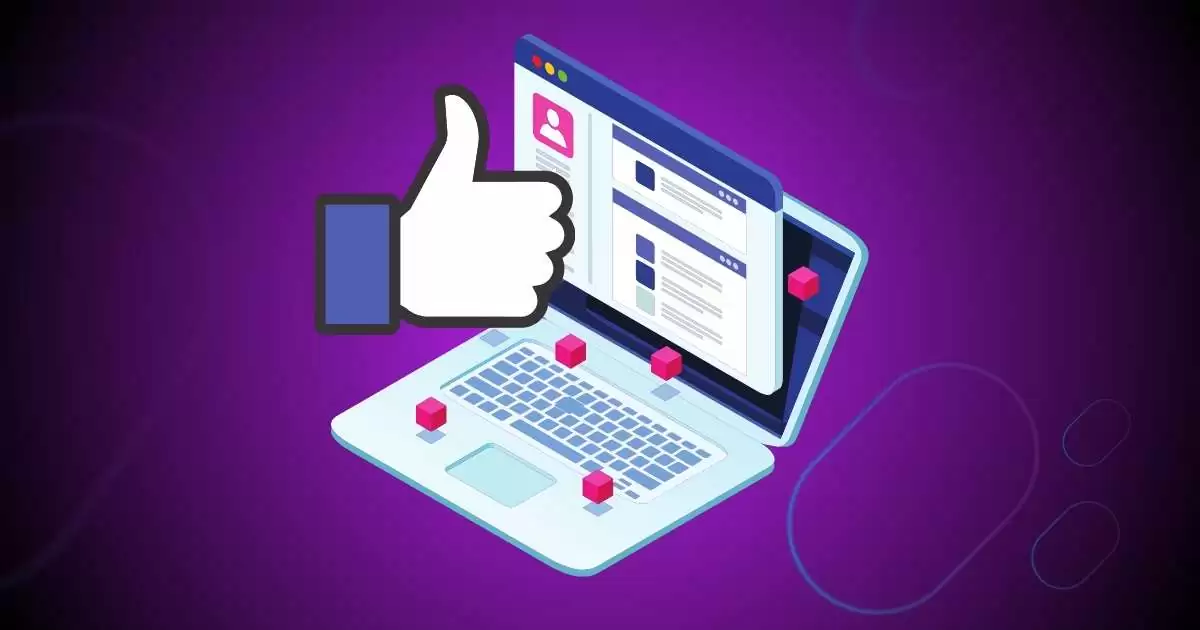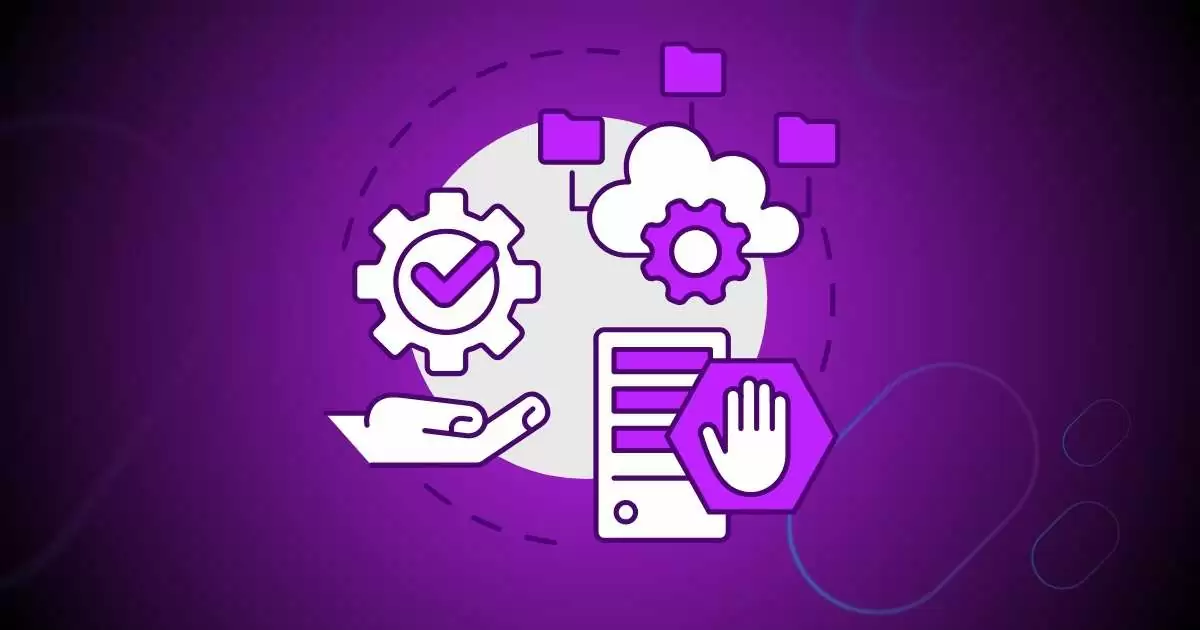We welcome you to 27ª edition from the Newsletter da Amplifica Digital!
In this June issue you will find useful information, blogposts and tips that can make a difference in your digital strategy.
We hope you enjoy it!
How does artificial intelligence impact the routine of marketers?
Os marketing professionals can already see the impacts that artificial intelligence brings to their work and careers. So a new research carried out by Salesforce shows that 51% of these professionals already use technology in their activities, while 22% want to incorporate it into their daily lives. I.e, more than half of marketers already use generative artificial intelligence in their everyday jobs.
Despite this, the data also signals the concern of professional advertisers about the safety of AI. Among respondents, 39% highlighted that they do not know how to use generative Artificial Intelligence safely.
“Today is the fish fast that swallows the fish slow"
Always being up-to-date and aware of innovations is something that every company and marketing professional should do. It used to be said that the big fish swallows the small fish, but today it is the fast fish that swallows the slow fish.
This reflection demonstrates how the market demands agility, speed and innovation, and because of this, it is extremely important to master all available tools that can automate and streamline processes.
☕️ quick update:
tip of the month
Artificial Intelligence has played a very important role in the business sector, and with it several tools are created and used for performance within companies. However, for you not to be left out, we have elaborated 5 tools that can help you in organization and structure of your ideas.
- Chat GPT: it is able to generate answers to questions and maintain conversations in a natural way, in addition to perform tasks such as translations, summaries, among others. ChatGPT was trained on a large amount of data from the internet, allowing it to answer a wide range of questions and chat about a variety of topics.
- copy.ai: content generation tool that uses artificial intelligence to help users create titles, product descriptions, ads, Among others.
- phrase: Email marketing optimization tool that uses artificial intelligence to automatically generate email subjects and body messages.
- Quill: is a content generation tool that uses artificial intelligence to write articles, product descriptions, marketing emails, Among others.
- adext AI: is a programmatic advertising platform that uses artificial intelligence to optimize ad campaigns on different channels.
In the 27th edition of the amplinews, we will explore artificial intelligence (AI) in the business-to-business (B2B) environment and opening up new opportunities.
1. What is Artificial Intelligence (AI) in the B2B context?
To begin with, let's understand what artificial intelligence means in the B2B environment. AI refers to the development of computer systems capable of perform tasks that would normally require human intelligence. As well as in the B2B context, AI is applied to improve efficiency, decision-making and customer experience.
2. Benefits of AI in the B2B environment
AI offers a number of benefits for companies in the B2B environment. Some of the main benefits include:
Automation of tasks: AI allows the automation of repetitive tasks with low added value, releasing human resources for more strategic activities.
Advanced data analysis: AI makes it possible to analyze large volumes of data in real time, effectively allowing companies to identify patterns, trends and valuable insights for the making informed decisions.
Customization and customer experience: With AI, companies can deliver personalized experiences and tailored to your customers, anticipating your needs and providing relevant solutions.
Process optimization: AI helps to optimize internal processes, identifying bottlenecks, reducing errors and improving operational efficiency.
3. AI use cases in the B2B environment
Let's explore some examples of AI application in the B2B environment:
Customer service: Chatbots and Virtual Assistants Use AI to Provide automated support e quick answers frequently asked questions, improving the customer experience.
Demand forecast: AI algorithms can analyze historical sales data and other factors to accurately predict future demand, therefore allowing a stock management more efficient.
Process automation: AI can be applied to automate processes back-office tasks such as invoice reconciliation and document classification, reducing errors e increasing efficiency.
marketing customization: AI enables advanced customer segmentation and personalized content delivery in marketing campaigns, increasing relevance and the engajamento.
4. Challenges and ethical considerations
While AI offers numerous advantages, it is important to address the challenges and ethical considerations associated with this technology. Some of the challenges include the privacy of data and cyber security, lack of transparency in complex algorithms, the bias algorithmic and the potential impact in the workforce.
To mitigate these challenges, it is crucial to adopt approaches responsible in the implementation of AI. It involves ensure data privacy of customers, be transparent about the use of AI and take steps to mitigate algorithmic bias. In addition, it is essential to ensure that the implementation of AI is done with care and that employees are empowered and involved in the process, avoiding indiscriminate job replacement.
Being ethical, truthful and transparent is already present in our podcast. Therefore, we invite you to stay on top of this subject by checking out the #EP24 do #amplificacast where we talk about True Marketing.
Listen to the recorded podcast about True Marketing and its impact on companies
5. Future AI trends in the B2B environment
Today, technology continues to evolve. As a result, we can expect some exciting trends in the use of AI in the B2B environment. Some of them include:
increase in automation: AI will continue to automate manual and repetitive tasks, soon enabling companies to achieve greater efficiency and productivity.
improved conversational AI: Chatbots and virtual assistants will become more sophisticated, it will certainly provide more natural interactions and Custom with the clients.
Integration with Internet of Things (IoT): The combination of AI and IoT will open up new opportunities, namely enabling the data collection and analysis In real time, resulting in actionable insights and smarter decision-making.
advanced machine learning: Machine learning algorithms will become more sophisticated, able to identify complex patterns and continually improve their own capabilities.
Artificial intelligence is revolutionizing the B2B environment, providing significant benefits for companies in terms of efficiency. However, it is essential to take a responsible and ethical approach to the implementation of AI, taking into account the challenges and ensuring transparency.
As technology continues to evolve, it is important that companies follow the trends and be prepared to make the most of the opportunities that AI offers. Therefore, be aware of changes, stay up to date and be willing to adapt to the demands of the constantly evolving market.
Amplifying your digital brand
Also watch our episodes of podcast:
Did you like the content? How about scheduling a meeting??
Talk to our commercial team and find out about our marketing services for your company's internal communication. company

